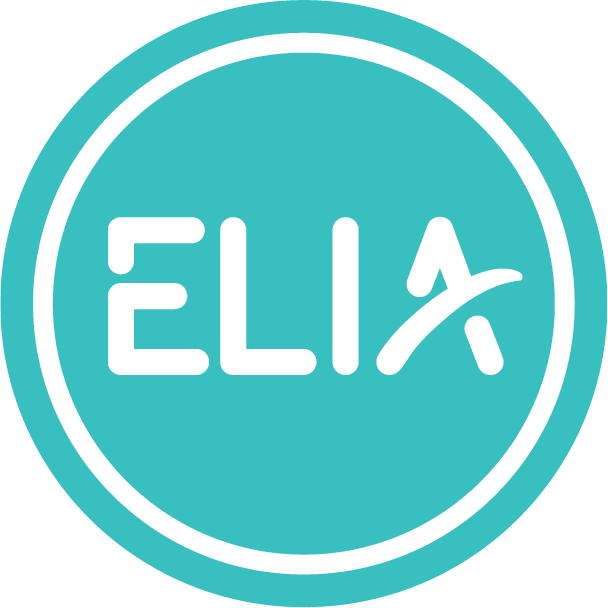
Forgive To Live
Discover how forgiveness can save your life!
Everyone has a story. Nobody can go back and start a new beginning, but anybody can start today and make a new tomorrow. Forgive to Live can help you start a better journey. In conjunction with Florida Hospital and the Stanford University School of Medicine, Dr. Dick Tibbits conducted a study of how anger and forgiveness affect health. The findings of this study became the Forgive to Live program.
How does it work?
Facilitated across six self-paced topics, the course is conducted in three parts.
1 - Learning: Dr. Tibbets delivers a short presentation explaining his findings about forgiveness and how to
incorporate this knowledge in facilitating your own forgiveness journey.
2 - Self Reflection: A series of questions prompt you to reflect and engage in your forgiveness
journey.
3 - Inspiration (optional step): Watch a testimony from someone who has gone through their own
forgiveness journey, and discover the application within their story.
To find out more, simply login to your Member Account and click on Programs.
What’s in the Program?

My Life is Your Fault
Many people blame others for the problems in their life, but who is ultimately responsible for your happiness?

Living Rent-Free in Your Head
We are affected emotionally, physically, socially and spiritually when we continually relive the hurts of the past.

Choosing Forgiveness
Our future happiness is determined by the choices that we make today. As someone once said, "All the flowers of all our tomorrows are in the seeds of today."

Reframing the Past
Reframing helps you to see the actions of those who you feel have wronged you, as well as your reaction, with new insights that enable you to see things outside the narrow perspective of your hurt.

From Bitter to Better
Continual anger can make your life and the lives of those around you miserable and unhappy. Recognising your anger is an important step in being able to forgive.

Personal Forgiveness
Guilt and shame can cause us to live under a cloud of self-condemnation, which can produce the same unhappiness and negative effects as being hurt by others.

